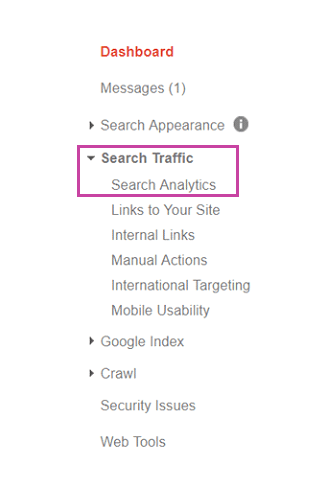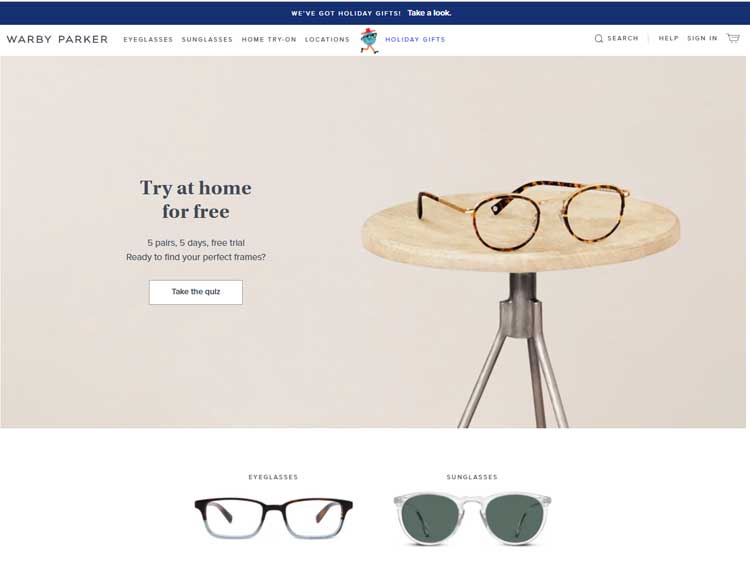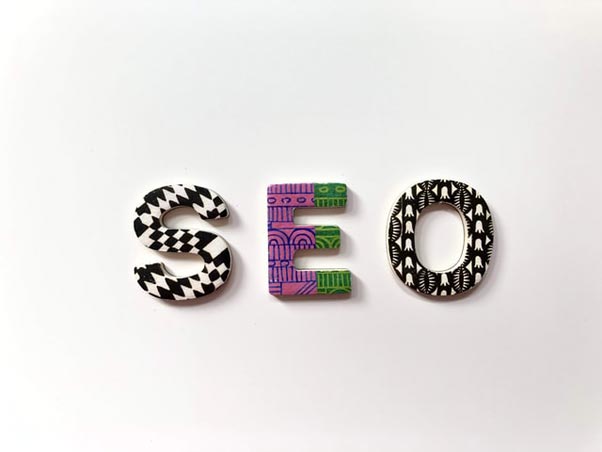So many recent stories of “catfish” in the news, have highlighted the importance of trust online and not just in the field of online dating (be careful out there!) but for all websites.
For an online business trust can be seen as a key differentiator. In the vast expanse of competition on the web, consumers are free to compare the product they want from site to site. If consumers can discern no other selling points their decision will often be based on the lowest price.

But how can a website distinguish itself and indicate value to the consumer when interpersonal relationships between the buyer and seller have been dis-intermediated by technology? Of course good web design and user experience will add to your value proposition, but this alone is not enough. You need trust!
Trust is such an incredibly valuable attribute for online brands as consumers perceive a much greater risk when shopping online. Not only does the consumer face innumerable choice when shopping online, they also worry about being scammed or ripped off. Luckily, trust just so happens to be a reducer of social complexity. If a consumer (the trustor) places their faith in your website (the trustee) then all disbelief and thoughts of a negative outcome are suspended. By reducing the complexity of decisions, trust becomes an attractive alternative to control.
A consumer who trusts a brand or website may often retreat to this save haven of trust when overwhelmed by the complexity of choice on the web. And revisiting and repurchasing from this website becomes an easy decision for the consumer.
How to Build Trust
There are several attributes which trust is heavily linked to:- predictability, competence, value similarity (fairness, benevolence etc.) and honesty.
Through interactions with the consumer your company can actually demonstrate these values rather than just describing them. Here are a few ways:
Structure the Consumer’s Experience
- Structure every process that involves your consumer. This includes ordering and inquiry process, delivery, marketing communications, frequency of social media activity and of course customer services.
Structuring processes will help deliver a consistent brand experience, help consumers set expectations about quality of service, timescale and user experience and create a feeling of familiarity with the brand.
Honesty & Value Similarity
- This may sound simple but an honest and fair approach should always be reflected in corporate policy and stakeholder issues. Consumers are more willing to put up with incompetence than dishonest intent. So when an issue arises it is important to remain honest with the consumer and create an open dialogue so they feel a sense of fairness.
- Let organisational values reflect those of your target audience. In order to trust a company, a consumer must respect and to some extent agree with the company philosophy.
Reputation Building
- Having a privacy policy, guarantees and third party seal helps the consumer believe that any information or monetary exchange will be handled ethically.
- Sharing free information through things like blogs, social media and e-books strengthens a trusting belief in the consumer.
- Linkbuilding! Links from other sites, particularly authoritative sites will provide assurance to consumers and trust by association. Providing links are from good sources this will have nothing but a positive effect on reputation and trust.
Remember the Golden Rule
Trust is a lot harder to build than it is to lose and even harder to rebuild once lost. The only sure way of keeping a consumer’s trust is by acting trustworthy.






